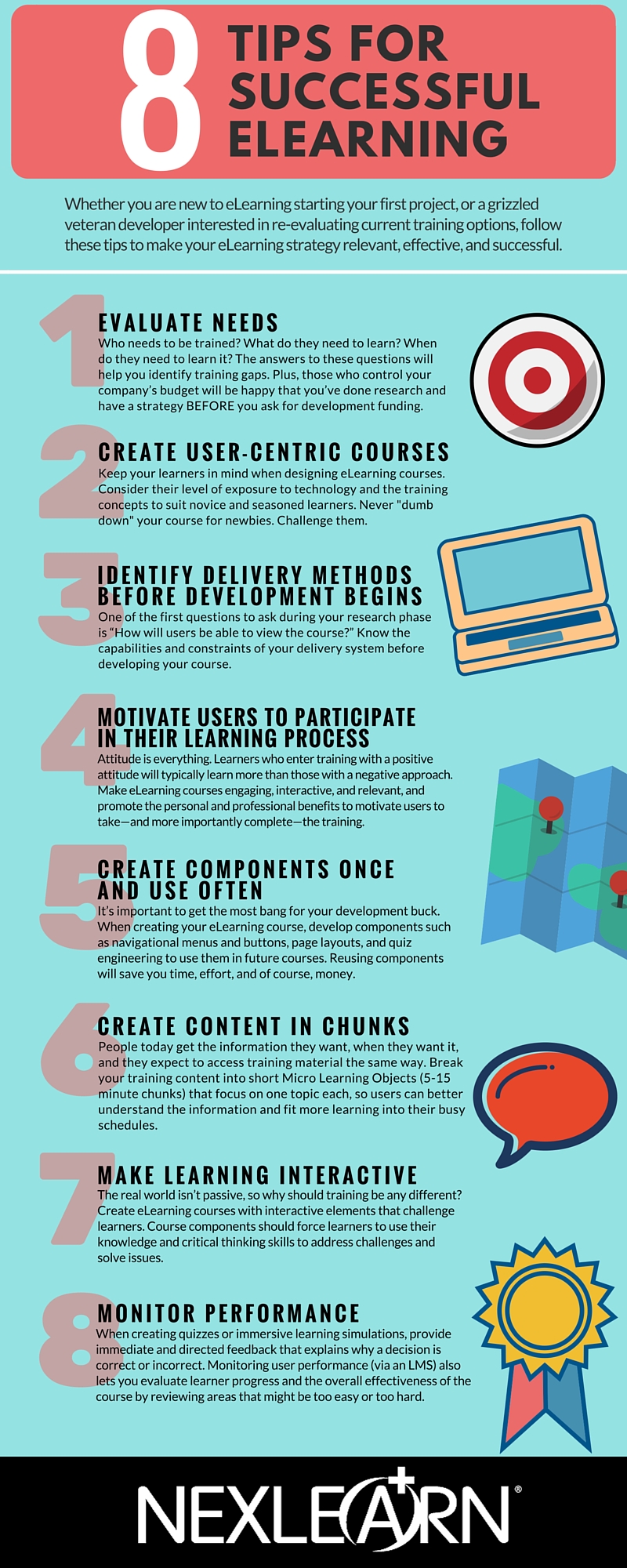Online Education Presentation
| Introduction to Online Education | ||
|---|---|---|
| Online education refers to the use of technology to deliver educational content and instruction to students remotely. It provides flexibility and convenience, allowing learners to access courses and materials at their own pace and from anywhere in the world. Online education platforms offer a wide range of courses and programs, catering to diverse interests and educational needs. | ||
| 1 | ||
| Benefits of Online Education | ||
|---|---|---|
| Online education enables students to balance work, family, and other commitments while pursuing their studies. It provides a personalized learning experience, allowing students to learn at their own pace and focus on areas where they need more help. Online education often costs less than traditional education, as it eliminates expenses such as commuting, textbooks, and accommodation. | ||
| 2 | ||
| Advancements in Online Education | ||
|---|---|---|
| Online education platforms have evolved to incorporate interactive features such as virtual classrooms, discussion forums, and multimedia content. Adaptive learning technologies analyze student performance and provide customized learning paths, maximizing individual progress. Virtual reality and augmented reality are being integrated into online education, enhancing the immersive learning experience. | ||
| 3 | ||
| Challenges of Online Education | ||
|---|---|---|
| Online education requires self-discipline and motivation, as students have to manage their time effectively and stay engaged without direct supervision. Limited face-to-face interaction with instructors and peers can sometimes result in feelings of isolation and hinder collaboration. Technical issues, such as internet connectivity problems, can disrupt the learning experience and require troubleshooting. | ||
| 4 | ||
| Online Education and Career Advancement | ||
|---|---|---|
| Online education provides opportunities for individuals to upskill or acquire new knowledge without interrupting their careers. Employers increasingly recognize online degrees and certificates, considering them equally valuable to traditional degrees. Online education equips learners with digital skills and familiarizes them with online collaboration tools, enhancing their employability. | ||
| 5 | ||
| Future of Online Education | ||
|---|---|---|
| The COVID-19 pandemic has accelerated the adoption of online education, leading to further advancements and innovations in the field. Artificial intelligence and machine learning technologies will continue to enhance personalized learning experiences and provide intelligent feedback. Online education will become more accessible and inclusive, bridging the educational gap and reaching learners in remote areas. | ||
| 6 | ||
| Online Education Success Tips | ||
|---|---|---|
| Set clear goals and create a study schedule to stay organized and motivated. Actively participate in online discussions and engage with instructors and classmates to foster collaboration and enhance learning. Take advantage of available resources such as online libraries, tutorials, and support services to maximize the learning experience. | ||
| 7 | ||
| Conclusion | ||
|---|---|---|
| Online education has revolutionized the way we learn, providing flexibility, accessibility, and innovative learning experiences. Its benefits, advancements, and future potential make online education a vital component of the modern educational landscape. Embracing online education can empower individuals to achieve their educational goals and unlock new opportunities. | ||
| 8 | ||
| References (download PPTX file for details) | ||
|---|---|---|
| Smith, J. (2020). The Benefits of Online Lear... Johnson, L., Adams Becker, S., Estrada, V., &... Jordan, K. (2015). Massive Open Online Course... |  | |
| 9 | ||







